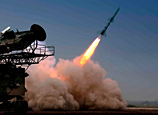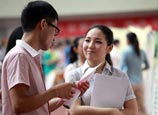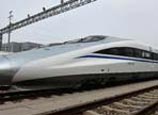
China has long been the largest export market for the ROK's goods and also the largest overseas manufacturing base for its companies.
China accounted for 25 percent of the nation's exports by the end of 2010 and the ROK's companies have been active in investing in China.
According to the Ministry of Commerce, the ROK's companies invested $4.87 billion in China, accounting for 10 percent of the nation's outbound direct investment in 2010, making the nation the second-largest outbound investment destination for the ROK.
Bilateral trade between the two countries reached a historic high of $215.1 billion in 2012, according to the Economic and Commercial Counsellor's Office of the Chinese Embassy in the Republic of Korea.
China's exports to the ROK totaled $80.8 billion in 2012, while imports from the Asian country reached $134.3 billion, according to the Chinese Ministry of Commerce.
While China's trade deficit with the ROK great, it is "not sustainable" for one side to maintain a trade surplus, said Han Liyu, a professor with Renmin University of China Law School.
Han has also said the viewpoint that a trade agreement with China will be a shock to the ROK's agriculture does not stand up to scrutiny.
The ROK has signed free trade agreements with agricultural exporters in the past, such as the United States and some European countries, Han said, adding that China's agricultural goods are not as competitive as those of the US and Europe.
China and the the ROK launched formal talks in May 2012. The fifth round of talks was held in Harbin in northeastern China in April.
Beijing and Seoul are also seeking a trilateral free trade deal that will include Japan.
Fan, the expert on international trade from CFAU, said progress in the talks between Beijing and Seoul will lay the tracks for a trilateral agreement among China, the ROK and Japan.
"It is also a pressure to Japan. China and the ROK are more like to achieve an agreement before the trilateral one," she added.

















 Mom makes target weight to donate kidney to son
Mom makes target weight to donate kidney to son


![]()
